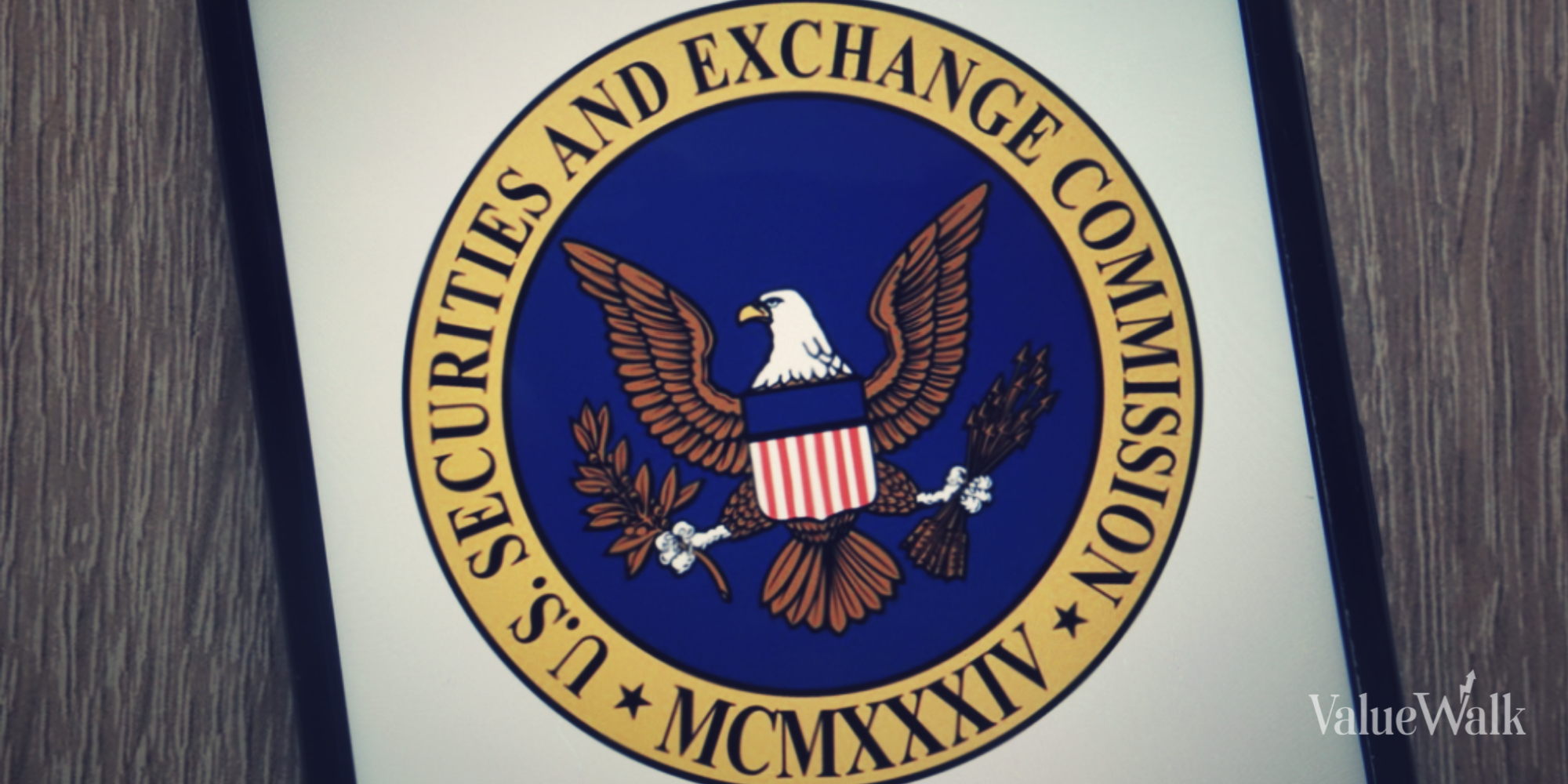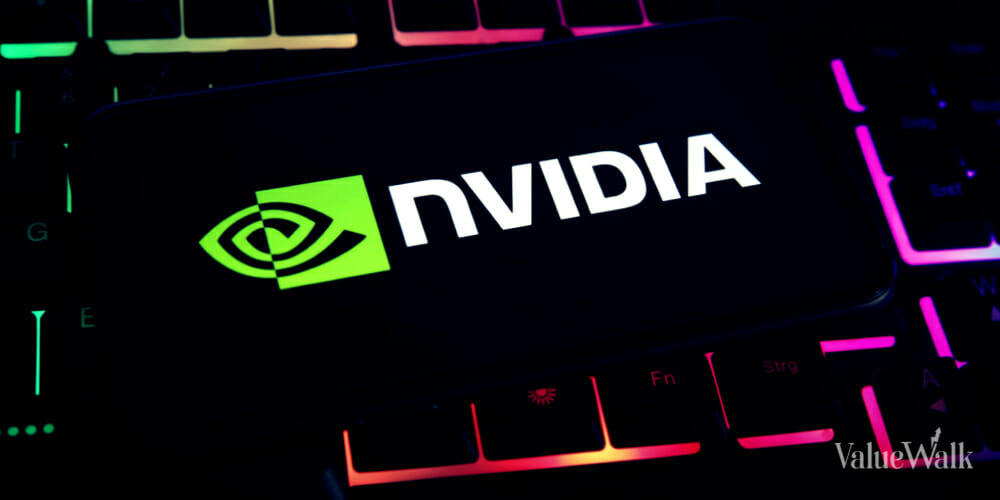Starting Tuesday, the day after Memorial Day, the Securities and Exchange Commission (SEC) will begin implementing T+1 settlement. In a nutshell, this means investors will be able to trade stocks faster through their brokers and get withdrawals more quickly.
What is T+1 settlement?
In this case, “settlement” refers to the process of buying and selling stocks, specifically the transfer of securities to the buyer’s account and cash to the seller’s or broker’s account.
Prior to 1993, it could take up to a week to settle trades — until the SEC established T+3 settlement, which means it took three business days to settle a transaction.
In 2017, the SEC shortened it to T+2, or two days to settle a transaction. That has been the standard until now, as the SEC voted in February to shorten the cycle even further with T+1 settlement. That change officially begins on May 28 in the U.S. In Canada and Mexico, it starts a day earlier, May 27.
Previously, if you sold shares of a stock on a particular day through your broker or an online trading platform like Robinhood, the transaction would settle in two business days. Starting Tuesday, if you sell shares in a stock, it will settle the next business day.
“For everyday investors who sell their stock on a Monday, shortening the settlement cycle will allow them to get their money on Tuesday,” SEC Chair Gary Gensler said. “Shortening the settlement cycle also will help the markets because time is money and time is risk. It will make our market plumbing more resilient, timely and orderly. Further, it addresses one of the four areas the staff recommended the Commission address in response to the GameStop stock events of 2021.”
The new T+1 cycle will apply to the same investments as the T+2 cycle did, which are stocks, bonds, municipal securities, exchange-traded funds, certain mutual funds and limited partnerships that trade on an exchange.
The industry is ready
The Securities Industry and Financial Markets Association (SIFMA), which represents broker-dealers, has been instrumental in implementing the move to T+1 settlement, working with federal regulators and industry on it since 2020. Tom Price, managing director and head of technology, operations and business continuity for SIFMA, said the industry is ready.
“As we head into transition weekend and make final preparations for the move from T+2 to T+1 settlement, SIFMA’s members, along with our partners ICI and DTCC, have committed the time and resources to prepare, and that gives us a high degree of confidence as we proceed with the transition. We will be engaging in communications with the industry over the coming weekend and will assess how the work is going and address any issues which arise. Monday we will look to Canada, Mexico and Argentina as those countries move to T+1, and on Tuesday May 28, we will be ready for the market open on the effective date of the U.S. transition,” Price said.
Price cited several benefits of shortening the time period between the trade date and settlement date for broker-dealers and investors. First, fewer days from trade to settlement reduces risk in the system.
Second, faster settlement means lower daily average capital requirements, so firms can put that capital to better use. Further, it increases liquidity in the system. In addition, he said it will help drive innovation and automation and process improvements.
“There is a benefit to streamlining operations, and to realizing greater efficiencies and making our operational systems more modern and resilient,” Price stated.

















